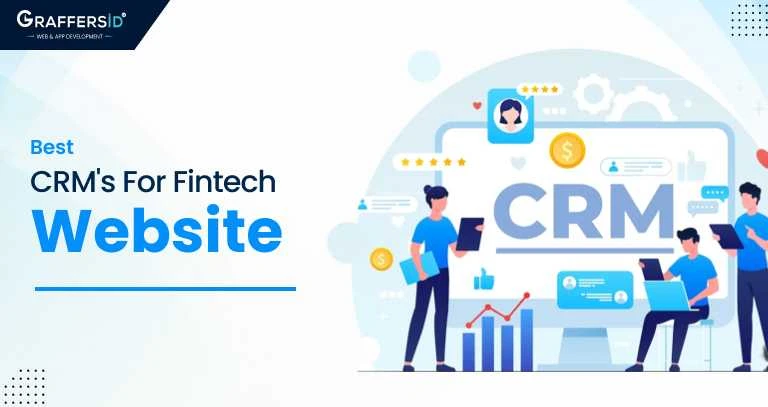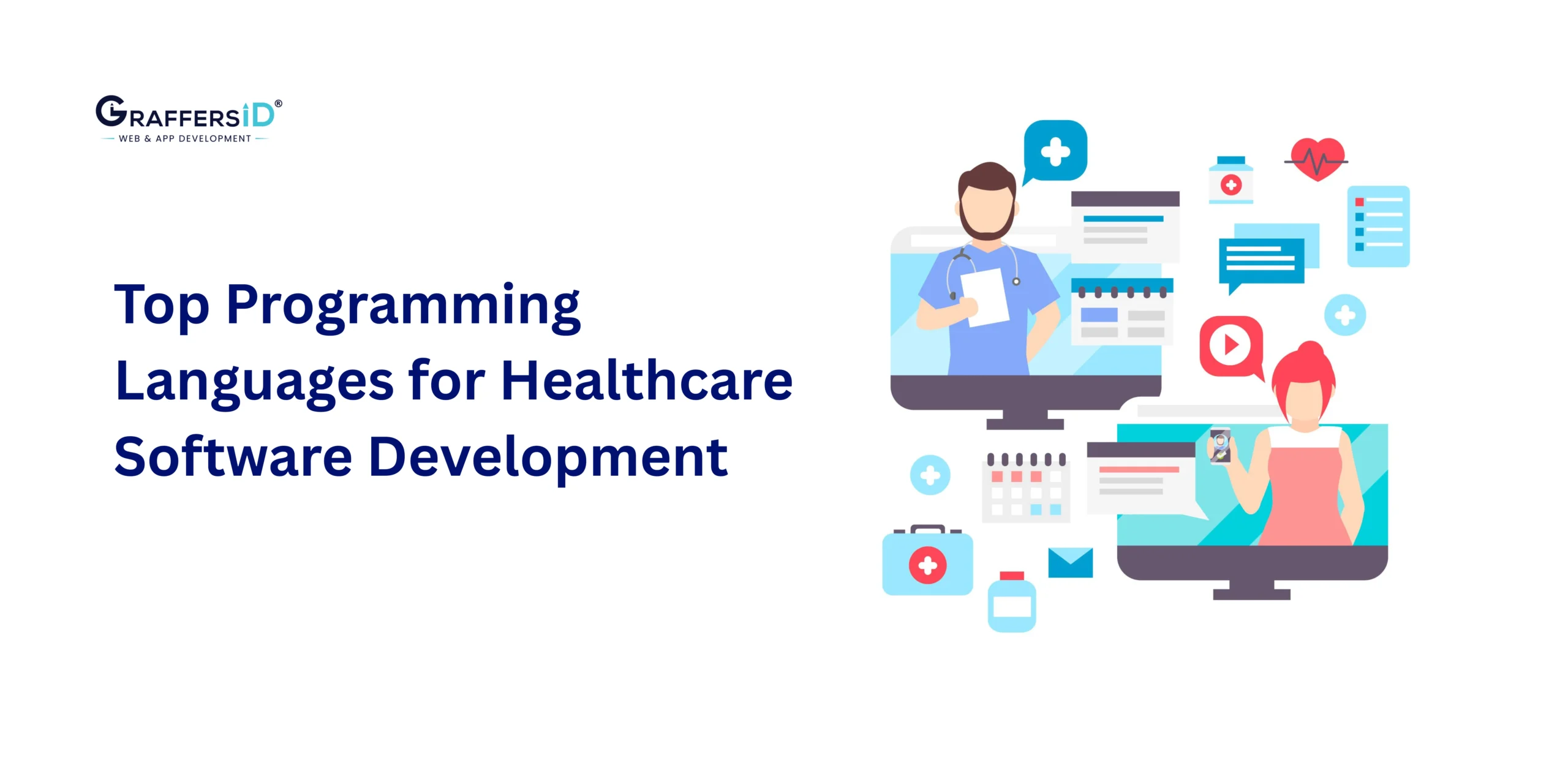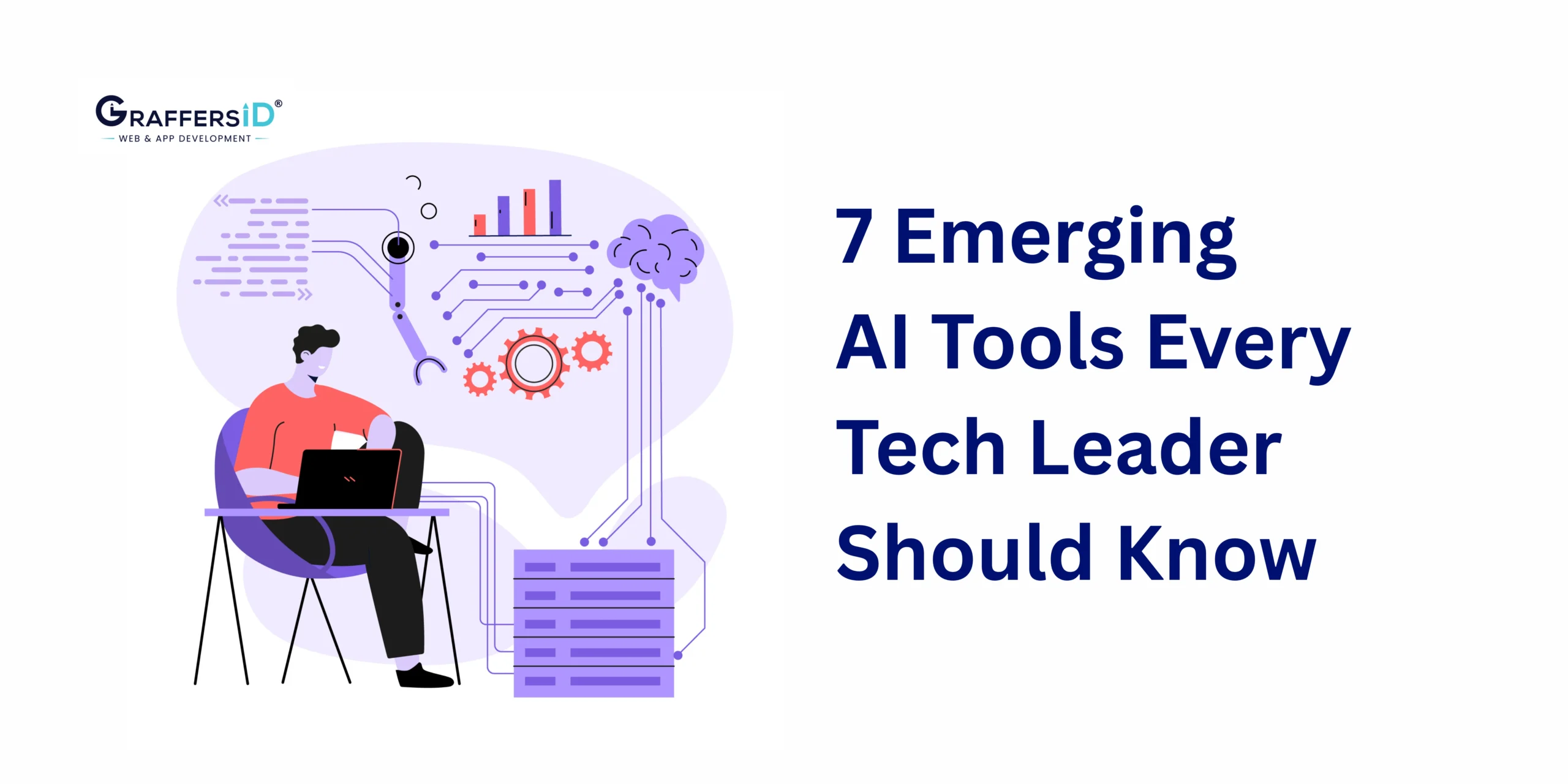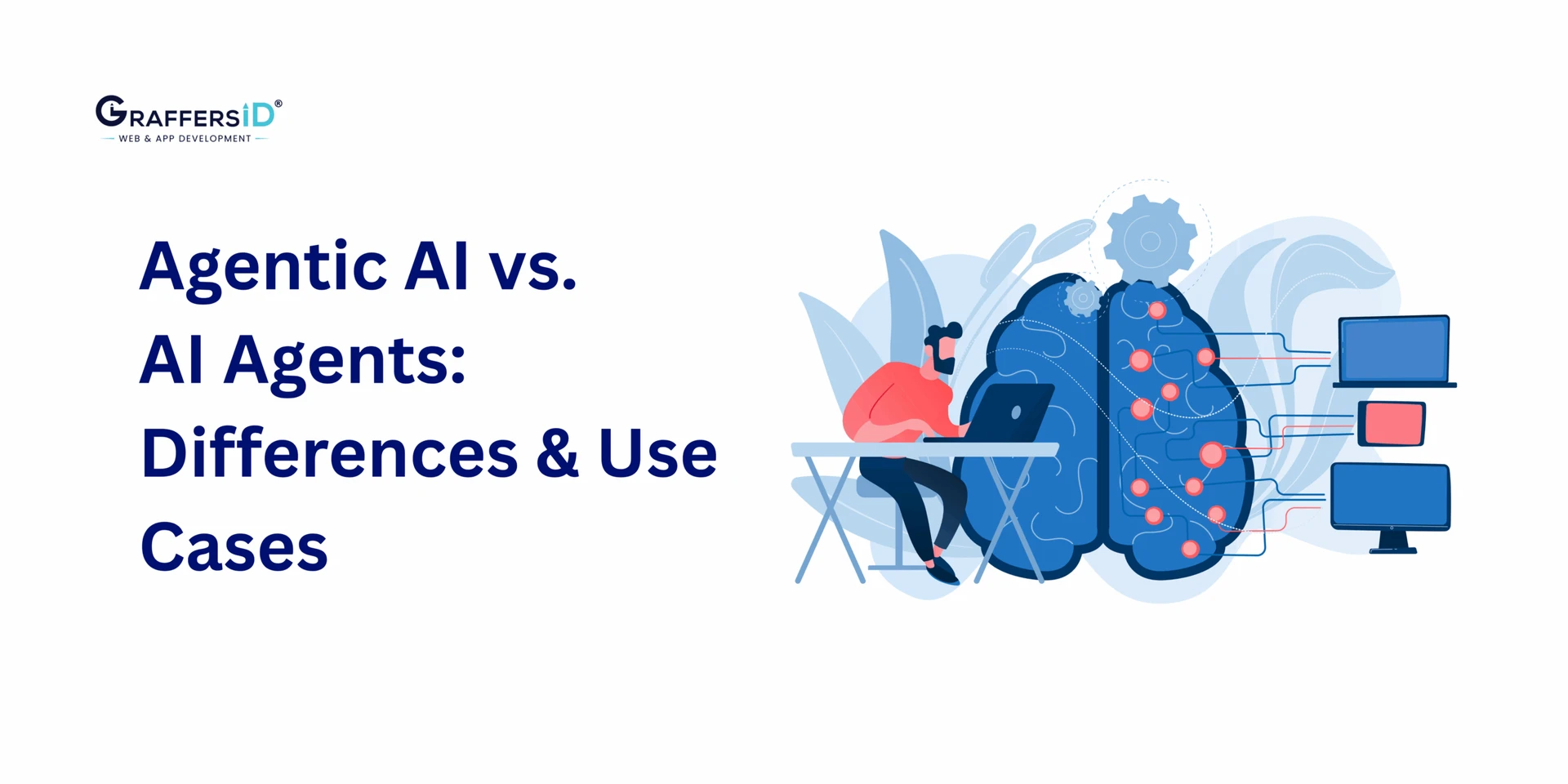In today’s competitive landscape, customer relationship management (CRM) tools have become indispensable for businesses across various industries, and the fintech sector is no exception. Fintech companies, with their focus on delivering innovative financial solutions, need robust CRM tools to effectively manage their customer interactions, streamline processes, and drive growth. In this blog post, we will delve into the world of CRM tools specifically designed for fintech websites and explore the key features, top options, and best practices to consider.
Understanding the Fintech Industry Needs
The fintech industry operates within a unique set of challenges and requirements. From complex regulatory frameworks to the need for data security and compliance, fintech companies must prioritize efficient customer management to build trust and deliver exceptional experiences. CRM tools tailored for the fintech sector can address these needs by providing a centralized platform to store customer information, automate workflows, and track interactions.
Key Features to Look for in CRM Tools for Fintech Websites
-
Integration capabilities with existing fintech systems:
A CRM tool should seamlessly integrate with other fintech platforms, such as payment gateways, analytics tools, and customer support systems, to ensure a cohesive ecosystem.
-
Customization options for tailored customer experiences:
Fintech companies often have unique customer segments and specific product offerings. Look for CRM tools that allow for customization, enabling personalized experiences and targeted marketing campaigns.
-
Security and compliance features for safeguarding sensitive data:
Given the sensitive nature of financial data, robust security measures are paramount. Look for CRM tools that offer data encryption, access controls, and compliance with industry regulations like GDPR or PCI-DSS.
-
Analytics and reporting capabilities for data-driven decision-making:
Fintech companies thrive on data insights. An ideal CRM tool should offer robust analytics and reporting features, enabling businesses to derive actionable insights, measure performance, and optimize strategies.
-
Automation and workflow management to streamline processes:
Automating routine tasks and workflows can save time and enhance operational efficiency. Look for CRM tools that provide automation capabilities, such as lead nurturing, email campaigns, and customer onboarding processes.
Top CRM Tools for Fintech Websites
Salesforce:
Salesforce offers a comprehensive CRM solution for the financial services industry, including fintech companies. It provides a range of features such as lead management, client onboarding, financial account tracking, and personalized client engagement.
Key Features:
- Lead management: Capture and track leads throughout the sales cycle.
- Client onboarding: Streamline the process of onboarding new clients with automated workflows.
- Financial account tracking: Monitor and manage client accounts, including investments and transactions.
- Personalized client engagement: Deliver personalized communications and offers based on client preferences and behavior.
HubSpot CRM:
HubSpot CRM is a versatile CRM tool that can be customized to meet the needs of fintech companies. It offers features like contact management, pipeline tracking, email marketing, and integrations with other fintech tools.
Key Features:
- Contact management: Store and organize customer information, including interactions and communication history.
- Pipeline tracking: Visualize and manage sales pipelines, track deals, and forecast revenue.
- Email marketing: Create and send targeted email campaigns to engage with prospects and customers.
- Integration capabilities: Connect with other FinTech tools and platforms for seamless data sharing.
Zoho CRM:
Zoho CRM is a cloud-based CRM platform that offers a wide range of features suitable for fintech companies. It includes lead and contact management, sales forecasting, social media integration, and workflow automation.
Key Features:
- Lead and contact management: Capture and organize leads, track customer interactions, and manage contact details.
- Sales forecasting: Analyze historical data and trends to forecast sales revenue accurately.
- Social media integration: Monitor and engage with customers on social media platforms from within the CRM.
- Workflow automation: Automate routine tasks and streamline business processes for increased efficiency.
Pipedrive:
Pipedrive is a popular CRM tool that provides a visual pipeline view to manage leads and deals. It offers customization options, email integration, activity tracking, and reporting features that can be useful for fintech sales teams.
Key Features:
- Visual pipeline view: Visualize sales pipelines and track deals through different stages.
- Email integration: Sync emails with the CRM, track email interactions, and automate follow-up tasks.
- Activity tracking: Monitor and log activities related to deals, including calls, meetings, and tasks.
- Reporting and analytics: Generate reports to gain insights into sales performance and identify areas for improvement.
Microsoft Dynamics 365:
Microsoft Dynamics 365 offers a comprehensive CRM solution that can be tailored to the needs of fintech companies. It includes features such as customer insights, marketing automation, customer service management, and integrations with other Microsoft tools.
Key Features:
- Customer insights: Gain a 360-degree view of customers, including their interactions and preferences.
- Marketing automation: Create and execute targeted marketing campaigns to attract and nurture leads.
- Customer service management: Track and resolve customer issues, manage support tickets, and provide a seamless customer experience.
- Integration with Microsoft tools: Integrate with other Microsoft applications like Outlook, Excel, and Teams for enhanced productivity.
Copper:
Formerly known as ProsperWorks, Copper is a CRM tool designed for G Suite users. It provides contact and lead management, email integration, task management, and collaboration features that can be beneficial for fintech companies.
Features:
- Contact and lead management: Store and manage contact details, track leads, and assign tasks to team members.
- Email integration: Sync emails with the CRM, access contact information, and track email interactions.
- Task management: Create and assign tasks to team members, set reminders, and track progress.
- Collaboration features: Share and collaborate on customer information within the CRM, improving team coordination.
MonkeyPesa CRM:
MonkeyPesa CRM is a customer relationship management tool specifically designed for businesses in Africa. It offers features such as lead management, contact management, sales pipeline tracking, invoicing, and marketing automation. MonkeyPesa CRM aims to help businesses in Africa streamline their sales and marketing processes.
Key Features:
- Contact management: Store and manage customer information, including interactions and communication history.
- Sales pipeline management: Track deals, assign tasks, and monitor progress through different stages of the sales process.
- Email integration: Sync emails with the CRM, track email interactions, and automate follow-up actions.
- Analytics and reporting: Generate reports to gain insights into sales performance and make data-driven decisions.
Redtail CRM:
Redtail CRM is a popular CRM solution primarily targeted at financial advisors and wealth management professionals. It provides features like client management, document storage, activity tracking, and integration with other financial tools. Redtail CRM aims to simplify client relationship management and enhance productivity for financial advisors.
Key Features:
- Client relationship management: Maintain a comprehensive view of client information, including contact details, interactions, and notes.
- Document management: Store and organize important client documents securely within the CRM.
- Workflow automation: Automate repetitive tasks, set reminders, and streamline business processes for increased efficiency.
- Integrations: Connect with other fintech tools and platforms for seamless data exchange.
Bitrix24:
Bitrix24 is a comprehensive CRM platform that offers a wide range of features suitable for various industries, including fintech. It includes tools for customer relationship management, communication, project management, document management, and collaboration. Bitrix24 can be customized to fit the specific needs of fintech companies.
Key Features:
- Customer database: Store and manage customer information, including contact details and social media profiles.
- Task and project management: Create tasks, assign them to team members, and track progress within the CRM.
- Collaboration features: Share files, communicate, and collaborate with team members in real-time.
- Communication tools: Utilize built-in chat, video conferencing, and email features for effective communication.
monday.com:
monday.com is a flexible work management platform that can be customized to serve as a CRM tool. It provides features for contact management, pipeline tracking, task management, collaboration, and reporting. With its visual interface and customizable workflows, monday.com can be tailored to suit the CRM needs of fintech companies.
Key Features:
- Customizable workflows: Create visual workflows to manage leads, deals, and customer interactions.
- Collaboration and communication: Foster teamwork and collaboration with features like real-time updates, file sharing, and communication tools.
- Reporting and analytics: Generate visual reports and analytics dashboards to monitor sales performance and team productivity.
- Integration capabilities: Connect with other FinTech tools and platforms to streamline data flow and automate workflows.
Total Expert:
Total Expert is a CRM and marketing automation platform specifically designed for the mortgage and financial services industry. It offers features such as lead management, personalized marketing campaigns, compliance tracking, and customer journey management. Total Expert aims to help financial professionals deliver personalized experiences to their clients.
Key Features:
- Marketing automation: Create and execute personalized marketing campaigns to engage and nurture leads.
- Compliance management: Ensure compliance with industry regulations and manage customer data securely.
- Content management: Store and distribute marketing content, templates, and collateral within the CRM.
- Data-driven insights: Access analytics and reporting features to gain insights into marketing performance and customer behavior.
Keap:
Keap (formerly known as Infusionsoft) is a CRM and marketing automation software that caters to small businesses, including fintech startups. It provides features like contact management, lead scoring, email marketing, and e-commerce integration. Keap helps automate sales and marketing processes, allowing businesses to focus on building customer relationships.
Key Features:
- Contact management: Organize customer information, track interactions, and segment contacts for targeted marketing.
- Marketing automation: Create email campaigns, landing pages, and automated follow-ups to nurture leads.
- Sales pipeline management: Track deals, set reminders, and manage tasks to streamline the sales process.
- E-commerce integration: Integrate with e-commerce platforms to track sales, manage orders, and automate processes.
Wealthbox CRM:
Wealthbox CRM is a CRM tool built specifically for financial advisors and wealth management professionals. It offers features like contact and client management, task management, document storage, and integration with other financial tools. Wealthbox CRM aims to provide a user-friendly experience and streamline client relationship management for financial advisors.
Key Features:
- Client management: Maintain a central database of client information, including financial details, interactions, and goals.
- Task and workflow management: Create and assign tasks, set reminders, and streamline business processes.
- Document storage and sharing: Store important client documents securely and share them with team members or clients.
- Integration capabilities: Connect with other fintech tools and platforms to streamline data and automate workflows.
Factors to Consider When Choosing a CRM Tool for Fintech Websites
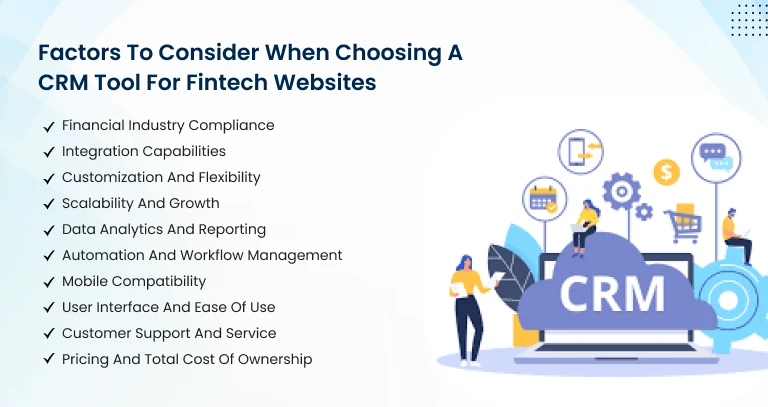
While evaluating CRM tools for your fintech website, keep the following factors in mind:
-
Financial Industry Compliance:
Fintech companies operate in a highly regulated industry, so it’s crucial to choose a CRM tool that complies with relevant financial regulations and data protection standards, such as GDPR (General Data Protection Regulation) or CCPA (California Consumer Privacy Act). Ensure the CRM has built-in security features, encryption protocols, and data storage options that meet compliance requirements.
-
Integration Capabilities:
Evaluate the CRM tool’s integration capabilities with your existing fintech infrastructure. It should be able to seamlessly integrate with your website, customer portals, payment gateways, and other relevant systems. Integration with popular fintech platforms or APIs can streamline data synchronization and enhance operational efficiency.
-
Customization and Flexibility:
Fintech businesses often have unique workflows and processes. Look for a CRM tool that allows for customization to match your specific requirements. Customizable fields, data structures, and workflows can help you tailor the CRM to your business needs, ensuring effective management of customer interactions, leads, and sales processes.
-
Scalability and Growth:
Consider the scalability of the CRM tool. As your fintech business grows, your CRM needs to accommodate increased data volume, user base, and transactional activity. Ensure that the CRM can handle your projected growth without compromising performance or requiring costly upgrades.
-
Data Analytics and Reporting:
Fintech companies heavily rely on data-driven insights to make informed business decisions. Look for a CRM tool that offers robust data analytics and reporting features. It should provide meaningful metrics, dashboards, and visualization options to track customer behavior, sales performance, conversion rates, and other key performance indicators (KPIs).
-
Automation and Workflow Management:
CRM tools with automation capabilities can streamline repetitive tasks, such as lead nurturing, follow-ups, and customer onboarding. Look for features like automated email campaigns, task assignments, and workflow management to improve efficiency and ensure consistent customer experiences.
-
Mobile Compatibility:
With increasing mobile usage, having a CRM tool that is mobile-friendly or offers dedicated mobile apps can be advantageous. It allows your sales and support teams to access customer information, update records, and manage interactions on the go, enhancing productivity and responsiveness.
-
User Interface and Ease of Use:
A user-friendly CRM tool is essential to encourage adoption among your team members. Look for intuitive interfaces, easy navigation, and a clean design. A CRM with a shallow learning curve can reduce training time and promote better user engagement.
-
Customer Support and Service:
Evaluate the CRM vendor’s reputation for customer support and service. Consider their responsiveness, availability of technical support, and resources like documentation, tutorials, and training materials. Prompt support and reliable assistance can minimize disruptions and ensure smooth CRM operations.
-
Pricing and Total Cost of Ownership:
Understand the pricing structure of the CRM tool, including any subscription fees, implementation costs, and ongoing maintenance expenses. Compare the features and value offered by different vendors to determine the total cost of ownership over the long term.
Implementation and Best Practices for CRM Tools in Fintech Websites
Once you have selected a CRM tool for your fintech website, consider the following best practices for successful implementation:
Planning the CRM implementation process:
Develop a clear implementation strategy, define goals, and create a timeline for the rollout. Consider involving key stakeholders and conducting thorough data analysis and cleanup before migrating to the new CRM system.
Data migration and system integration strategies:
Ensure a smooth transition by carefully planning and executing data migration from your existing systems to the CRM tool. Verify the accuracy and integrity of data during the transfer and implement proper system integrations to maintain data flow across platforms.
User adoption and training for effective utilization:
Organize comprehensive training sessions to familiarize your team members with the CRM tool’s features and functionalities. Encourage user adoption by highlighting the benefits of using the CRM tool and providing ongoing support and training as needed.
Continuous improvement and optimization:
Regularly review and analyze your CRM system’s performance and effectiveness. Collect feedback from your team and customers to identify areas for improvement and optimize workflows, processes, and customer interactions based on data insights.
Conclusion
Choosing the right CRM tool for your FinTech website is crucial for effective customer management, streamlined processes, and sustainable growth. Consider the unique needs of the fintech industry and select a CRM tool that offers integration capabilities, customization options, data security, analytics, and automation features. Thoroughly evaluate the top CRM tools available for FinTech websites, considering factors such as scalability, user interface, customer support, and pricing. By implementing the CRM tool effectively and following best practices, you can leverage its potential to enhance customer experiences and drive success in the dynamic fintech landscape.
